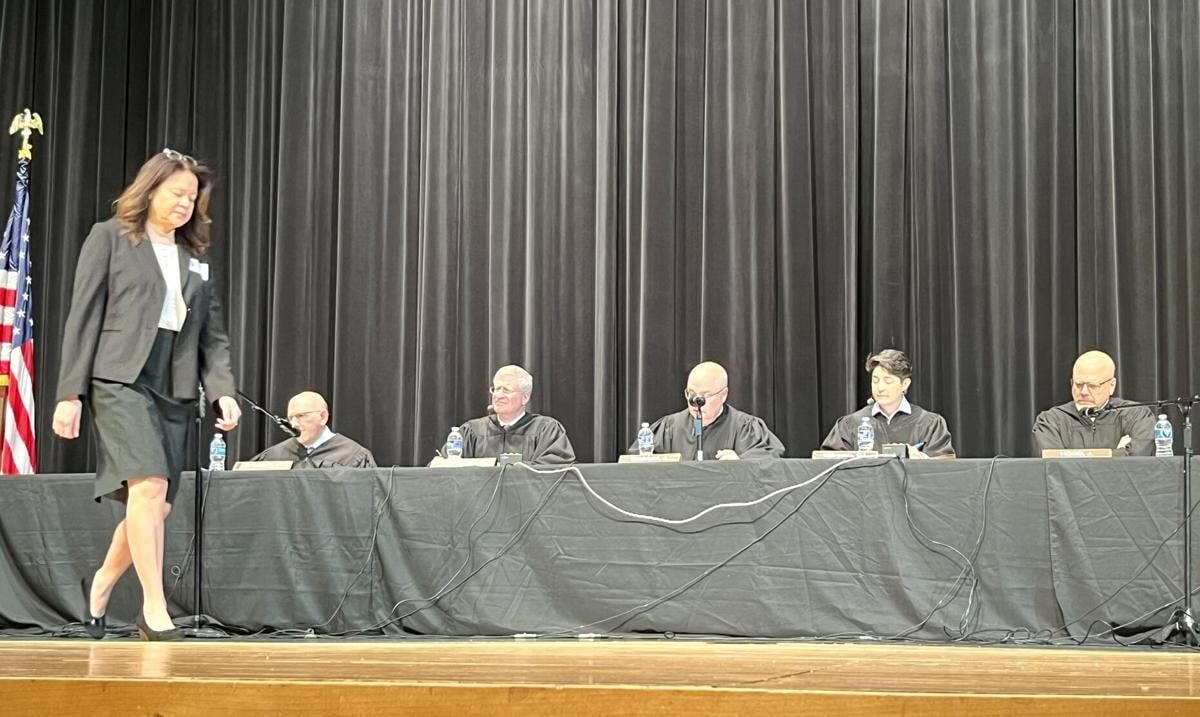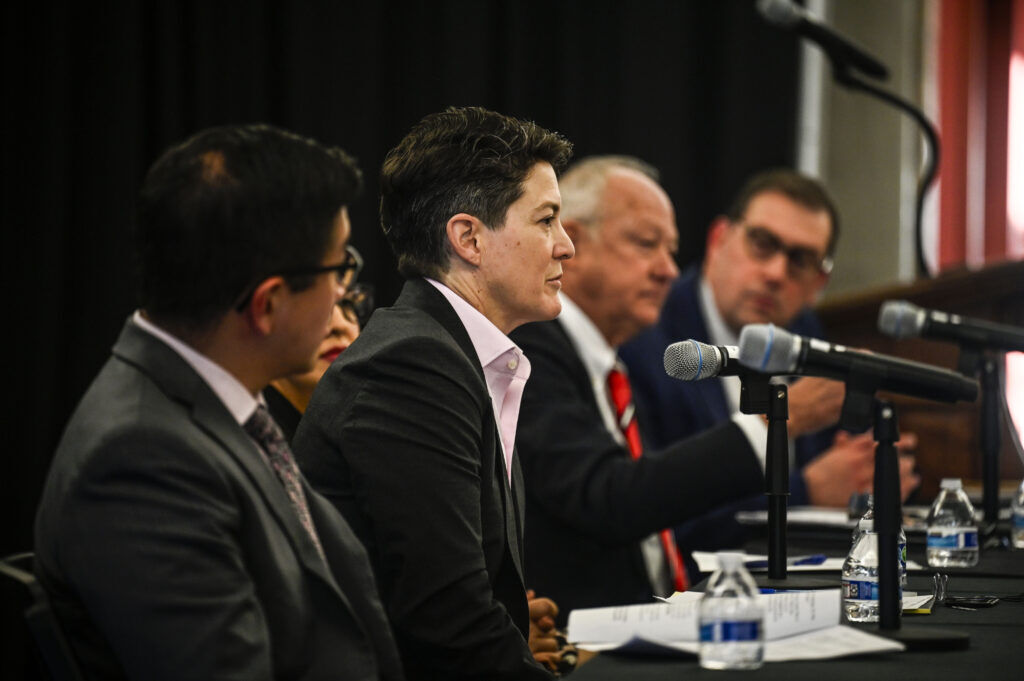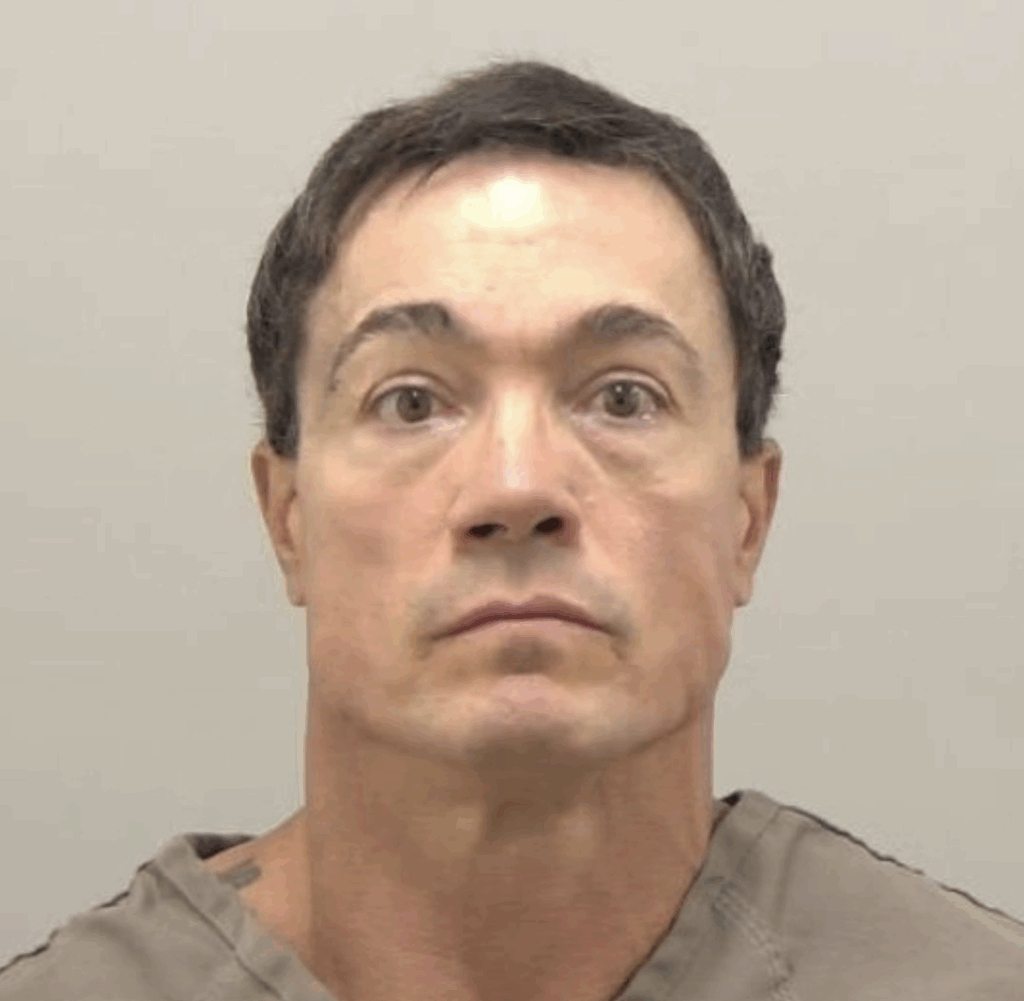Colorado justices weigh disclosure requirements for ballot initiative spending

Members of the Colorado Supreme Court considered on Tuesday whether an organization that spent $4 million to advocate for ballot initiatives in the 2020 election was required to disclose its donors and spending.
The organization, Unite for Colorado, advanced a straightforward argument: It spent 10% or less of its money on a single ballot measure. It spent less than 25% of its money on all ballot measures. Therefore, Unite for Colorado did not have a “major purpose” of ballot issue advocacy that triggered the state’s disclosure requirements.
However, during oral arguments, some members of the Supreme Court were worried about the results of that logic. Specifically, an organization could avoid the transparency required of issue committees if it were so wealthy that its expenditures on ballot initiatives were relatively small in comparison.
“Part of what my concern is with your position is that whenever the organization can become so large and have such a high financial amount, that nothing’s ever a major purpose,” said Justice Brian D. Boatright.
Chief Justice Monica M. Márquez added the result would be even starker if, as Unite for Colorado suggested, courts could only look at a group’s spending on a single ballot initiative.
“Let’s say you have an organization that has $100 million. It spends 100% of that $100 million on specific ballot initiatives, but $10 million on each of 10 ballot initiatives,” she said. “So, 10% here, 10% here, 10% here — collectively spends 100% of its spending on those kind of initiatives. Under your argument, that entity would not qualify as an issue committee.”
“Correct,” responded attorney Jason R. Dunn. “The right way to frame it is: They spent 10% on one (initiative) and then 90% on a bunch of other things that don’t matter.”

For its part, the government stressed that the facts surrounding Unite for Colorado’s spending were key because in 2022, the legislature amended the law to create a numerical threshold for when an organization’s spending requires disclosure going forward.
And yet, observed Justice Carlos A. Samour Jr., the new law contemplates disclosure when spending on a single initiative exceeds one threshold, or when spending on multiple initiatives exceeds another.
If Unite for Colorado was correct that it is problematic under the First Amendment to look at spending across unrelated initiatives for purposes of disclosure, “what does that do to the new legislation?” he asked.
“I think it does call into question that provision,” said Dunn.
Unite for Colorado formed in late 2019 and spent roughly $17 million during 2020. Among other things, the group funded signature gathering and advertising for three ballot measures advancing conservative causes.
However, Unite for Colorado attracted a campaign finance complaint, alleging it failed to register as an issue committee. Issue committees must register with the state if they spend over $200 on any ballot initiative and if their “major purpose” is ballot issue advocacy. Spending and donor disclosure requirements apply for committees that spend in excess of $5,000.
Under the legal standard in place at the time, Colorado’s deputy secretary of state determined Unite for Colorado’s major purpose was ballot issue advocacy. He ordered Unite for Colorado to pay a $40,000 fine and required it to disclose its contributions and expenditures from early 2020 onward.
Unite for Colorado challenged that determination, and then-Denver District Court Judge David H. Goldberg agreed with the group. Goldberg noted Colorado’s campaign finance law referred to spending on “a ballot issue.” Although Unite for Colorado spent nearly a quarter of its money on ballot issue advocacy, it spent 10% or less on each of the three individual measures.

The Colorado Secretary of State’s Office appealed, and a three-judge Court of Appeals panel reinstated the deputy secretary’s decision. Weighing the circumstances, the panel reasoned the group’s $4 million aggregate expenditure required it to register as an issue committee.
“We conclude that Unite is precisely the type of organization that the people of Colorado envisioned” in enacting campaign finance regulations, wrote Judge Terry Fox.
While the Unite for Colorado complaint was being litigated, the General Assembly passed a forward-looking law that clarified how much an organization must spend on ballot measures relative to its total funds in order to have a major purpose of ballot issue advocacy. Under that framework, enacted in 2022, Unite for Colorado’s $4 million expenditure on the three initiatives — 23% of its total election spending — would not have qualified.
Some Supreme Court members wondered about the effect of the new law on the five-year-old campaign finance complaint.
“Help me understand why we should care if you win this case?” Justice William W. Hood III asked the government. “Mr. Dunn makes many good points. Why not let them have the win and we move forward under the new scheme?”
“It has been five years since these millions of dollars of advocacy were run and voters still have no idea who funded it,” responded Assistant Solicitor General Peter G. Baumann. “Voters have told us they have an interest in this activity and, as an institutional matter, the (secretary of state’s) office has an interest in not saying, ‘Good fight. We think you’re an issue committee, but we’re gonna let you get away with it this time and move on.'”
Dunn maintained that the percentage of an organization’s spending on a ballot initiative is the key question. He argued that a voter’s view of one ballot measure would have no connection to the identity of donors behind a separate ballot measure.
“Might it, though? Because if the same contributors were behind a series of measures and there was a throughline,” said Márquez, “that is helpful to voters to understand where that money is coming from, what they might be trying to accomplish.”
The justices questioned the ability to aggregate a group’s spending across multiple initiatives to determine whether an organization has a major purpose of ballot measure advocacy, as the law seemingly envisioned looking to a single ballot measure. Baumann responded that the law allowed courts to look at a group’s aggregate spending.
“If 25% of this court’s docket were water cases, I think you would consider that to be a considerable portion of your docket,” he said.
Justice Melissa Hart did not attend the arguments. She has been on a leave of absence since late October for “family and personal health reasons.“
The case is Unite for Colorado v. Colorado Department of State et al.
















